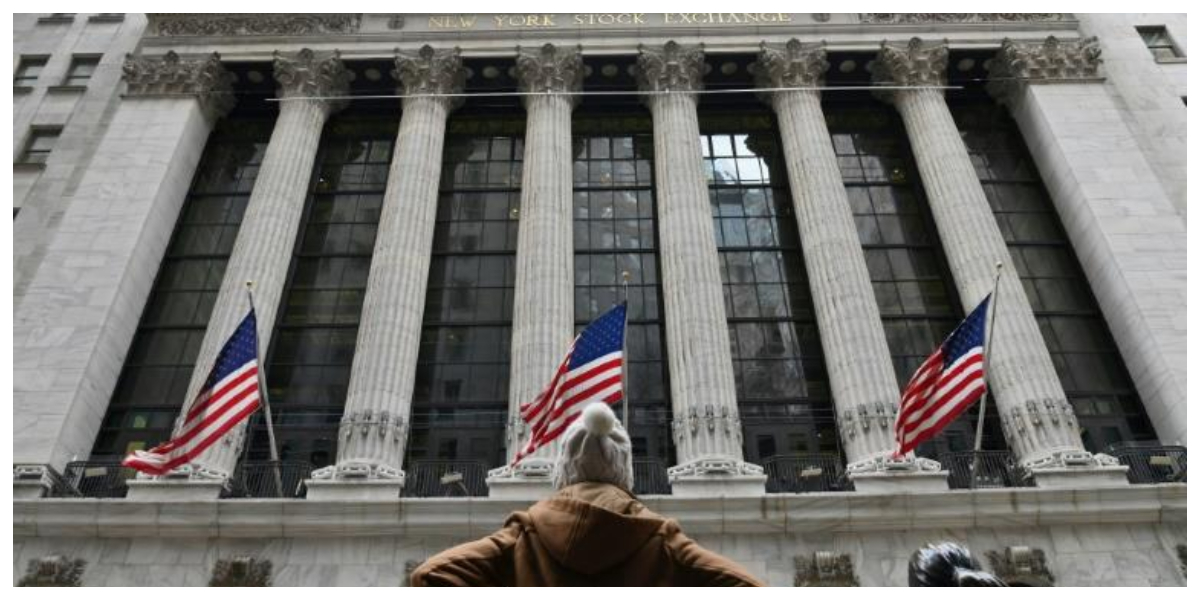Asian markets dipped Friday after a bad lead from Wall Street, with investors around the world worried approximately surging inflation.
Central banks in several major economies such as the US, Canada and Britain have already began elevating interest quotes to contain charges, however the European Central Bank on Thursday stored its stimulus plans and quotes unchanged.
That dispatched the euro plunging to a close to -yr low, but eurozone shares had been boosted whilst Wall Street retreated ahead of the Easter vacations.
The mood was subdued in Asia too, where only a handful of markets were open on Good Friday.
The Nikkei 225 closed 0.3 percent lower with Wall Street’s woes depressing sentiment.
Analysts had expected China’s central bank to cut interest rates on Friday to provide support to the Covid-stricken economy.
But the People’s Bank of China left them unchanged.
“That’s somewhat surprising given the sharp economic downturn and recent calls from China’s leadership for monetary support,” Julian Evans-Pritchard of Capital Economics said in a note.
“It underscores the reluctance of the central bank to aggressively ease policy. But we think it will have little choice but to do more before long.”
Shanghai was down 0.5 percent at the close.
Russia’s invasion of Ukraine has added to the uncertainty about the global economic recovery from the Covid-19 pandemic.
This was reflected in statements from major banking executives in the United States, who described the American economy as solid but warned about the impact of the Ukraine conflict and the measures central banks such as the US Federal Reserve will take to control inflation.
“We don’t think there’s going to be a recession,” Julian Emanuel, chief equity strategist at Evercore ISI, told Bloomberg television.
“We don’t think the Fed is going to break the glass. But the problem is investors aren’t in that mindset quite yet.”
European and US markets are closed on Friday.
Russia is a major global oil and gas supplier, and — along with Ukraine — is also a key player in the grain sector.
The conflict has shaken markets for these commodities, and the impact has been felt from the Middle East to South America.
In Yemen, there are fears of food shortages with the war-ravaged nation already on the edge of famine.
In Argentina, a strike by means of grain transporters has paralyzed farming exports — haulers are unhappy with the quotes they’re paid, pointing to the spike in fuel fees due to the Ukraine crisis.
The war has sent oil costs hovering, with reports swirling approximately similarly power sanctions on Russia.
Both important contracts have hovered above the $a hundred in step with barrel mark in latest days.
“There are no surprises here as oil continues to march higher, with global supply shortage outweighing concerns about slower demand in China,” Stephen Innes of SPI Asset Management said in a note.

















